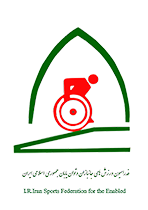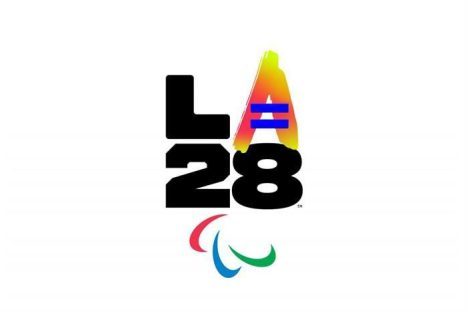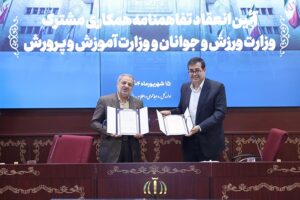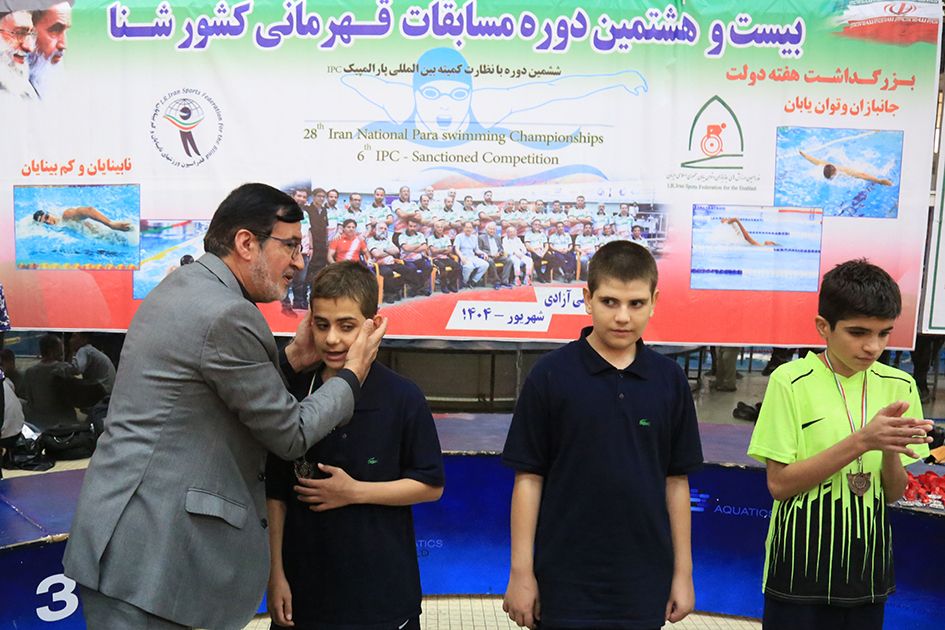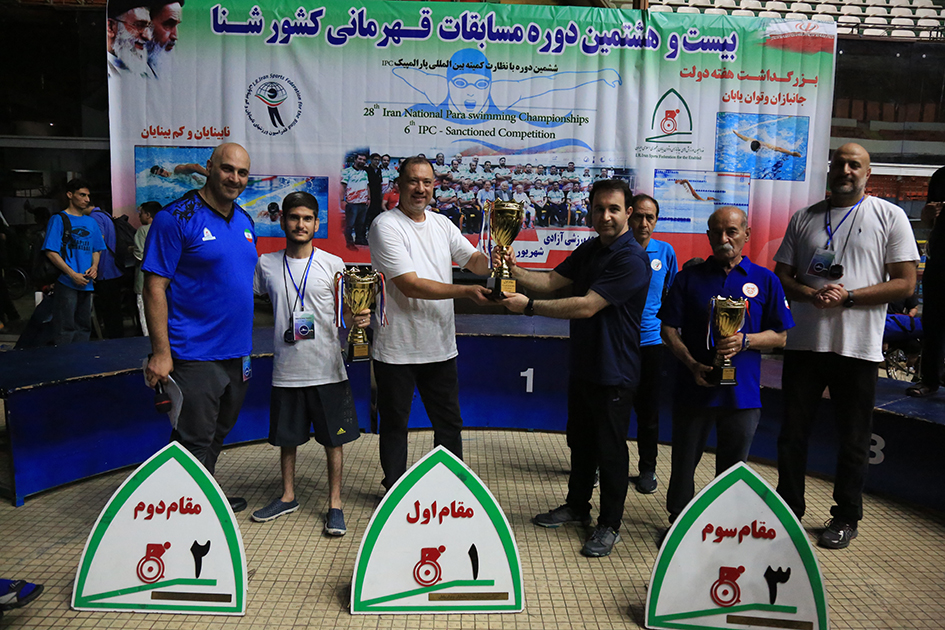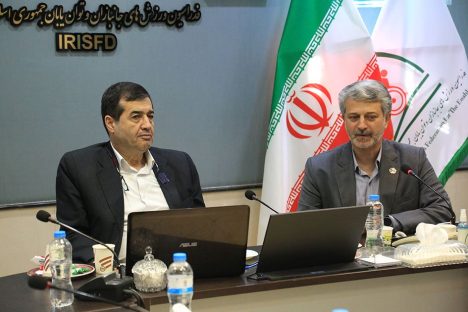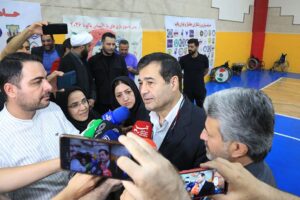With the announcement of the final budget, sports program, venues, and allocated quotas, the development of gender equality and the implementation of fair medical-sport classification are the two main pillars of the Los Angeles 2028 Paralympic Games.
According to the Public Relations of the Federation and citing the National Paralympic Committee and Inside the Games news website, the 18th Paralympic Games will be held for the first time in Los Angeles from August 16 to September 6, 2028 (25 Mordad to 6 Shahrivar 1407). The Games will feature 23 sports with 552 medal events and a total of 4,400 athlete quotas.
Gender Equality in Events and Quotas
243 medal events (44%) are allocated to women
263 medal events (48%) are allocated to men
46 medal events (8%) are mixed or open categories
This represents the most balanced gender composition in Paralympic history.
Out of the total quotas, 1,967 are reserved for women and 2,228 for men.
Medical-Sport Classification System for Fair Competition
Another key focus is the medical-sport classification system, which ensures competitive fairness. This hybrid model is not solely based on the type of physical or intellectual disability but also considers the functional abilities of athletes. The goal is to group athletes with similar functional performance so that competition outcomes depend on preparation, skill, and tactics rather than just physical differences.
The classification process begins with confirmation of a “permanent eligible impairment,” followed by assessment of the severity and impact on athletic performance. Athletes are then placed in classes where other competitors have similar functional limitations. Sometimes, athletes with different types of impairments but similar performance levels compete in the same class.
Classification is conducted by specialized panels including physicians, physiotherapists, psychologists, and vision experts, and can be updated throughout an athlete’s career. This process is managed by each sport’s international federation, not by the International Paralympic Committee (IPC).
There are 10 recognized impairment types grouped into three main categories: physical, visual, and intellectual. Not all sports accept all impairment types; for example, athletics and para-swimming have the broadest inclusion, while goalball is exclusively for visually impaired athletes and para-powerlifting has only one competitive class.
Expansion of Sports and New Disciplines
The 2028 Games will introduce para-sport climbing for the first time, featuring eight medal events. This addition exemplifies efforts to expand Paralympic sports and showcase the diverse abilities of athletes with disabilities.
IPC President Andrew Parsons on Los Angeles 2028
Andrew Parsons stated:
“In a world where equality and inclusion have yet to be fully realized in many areas, the complex yet humane Paralympic classification system offers a technical model for fair competition—one that reflects the true diversity of bodies, abilities, and life journeys. This may be sport’s greatest victory.”
He added that Los Angeles 2028 will not only feature the largest medal program and the most balanced quota distribution in Paralympic history but will also mark a milestone in the development and transformation of sports for persons with disabilities.

